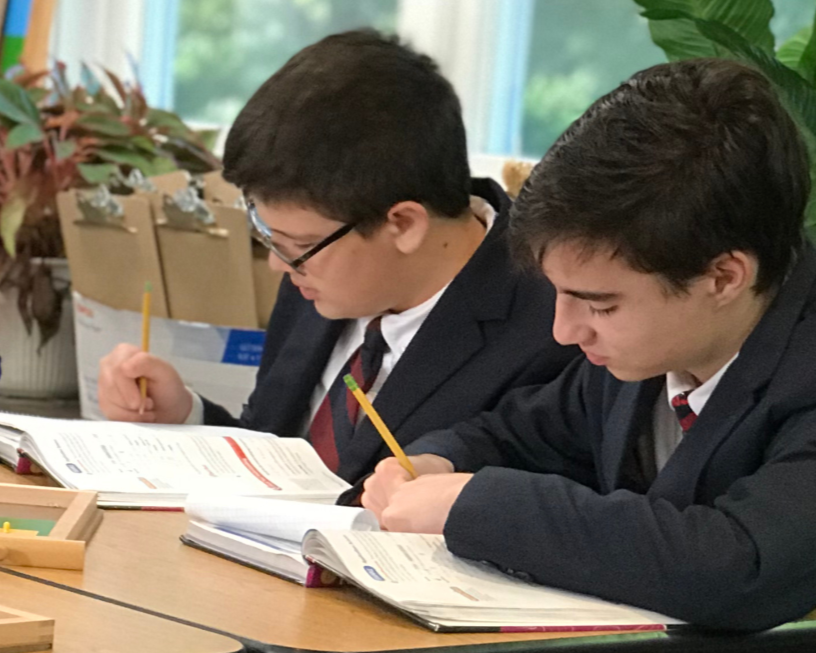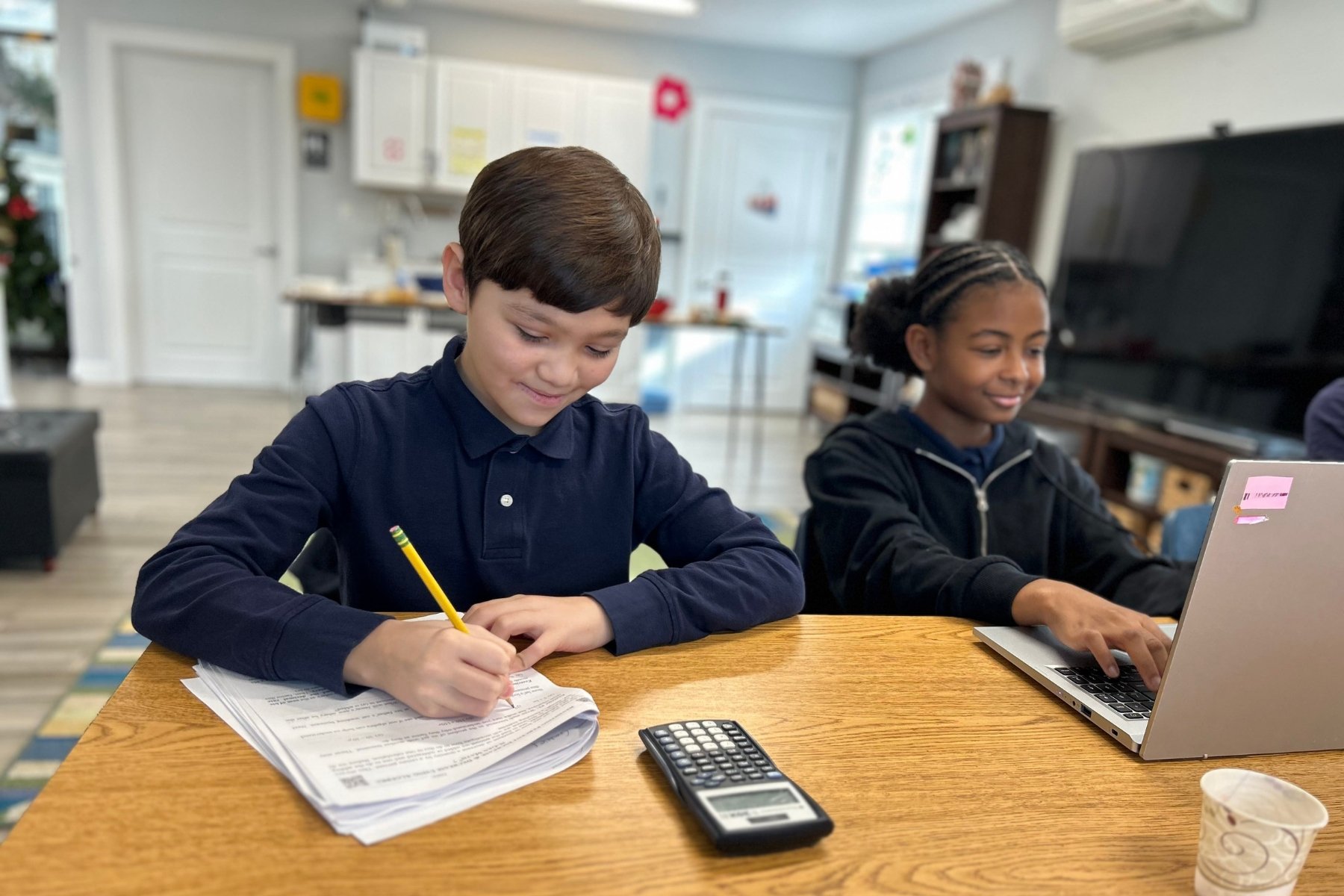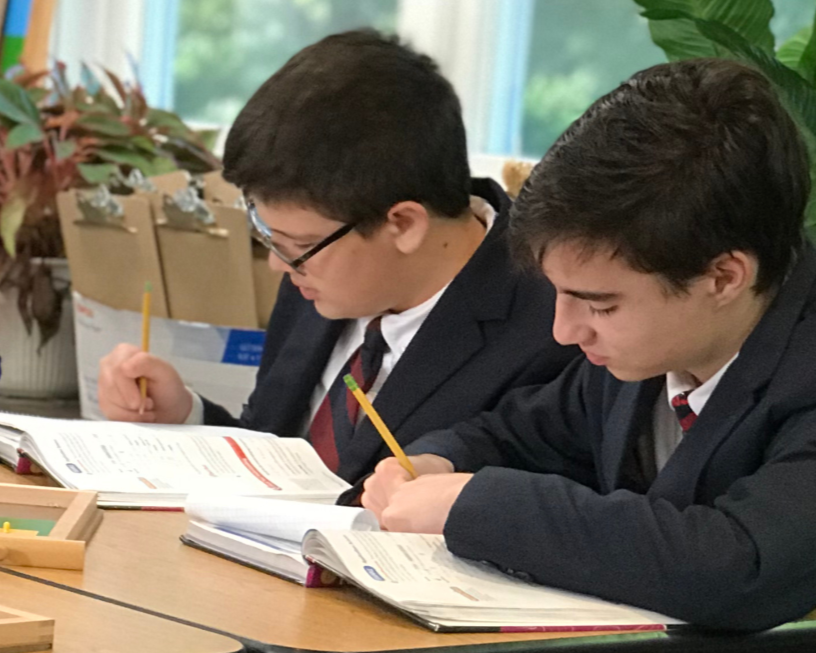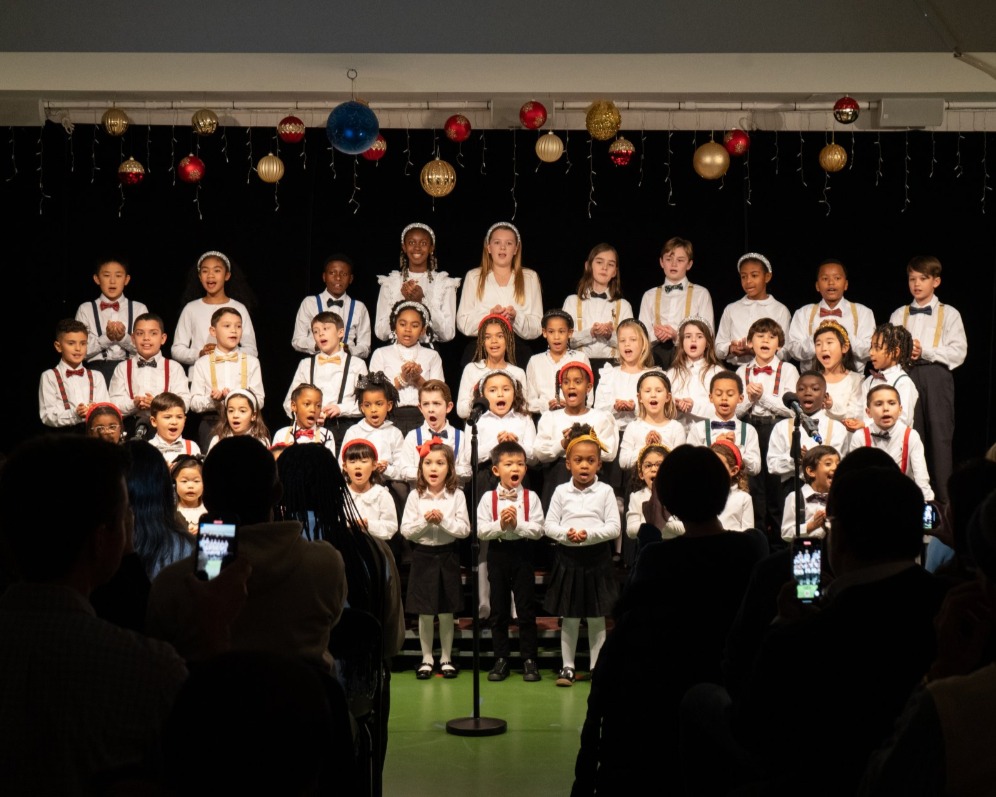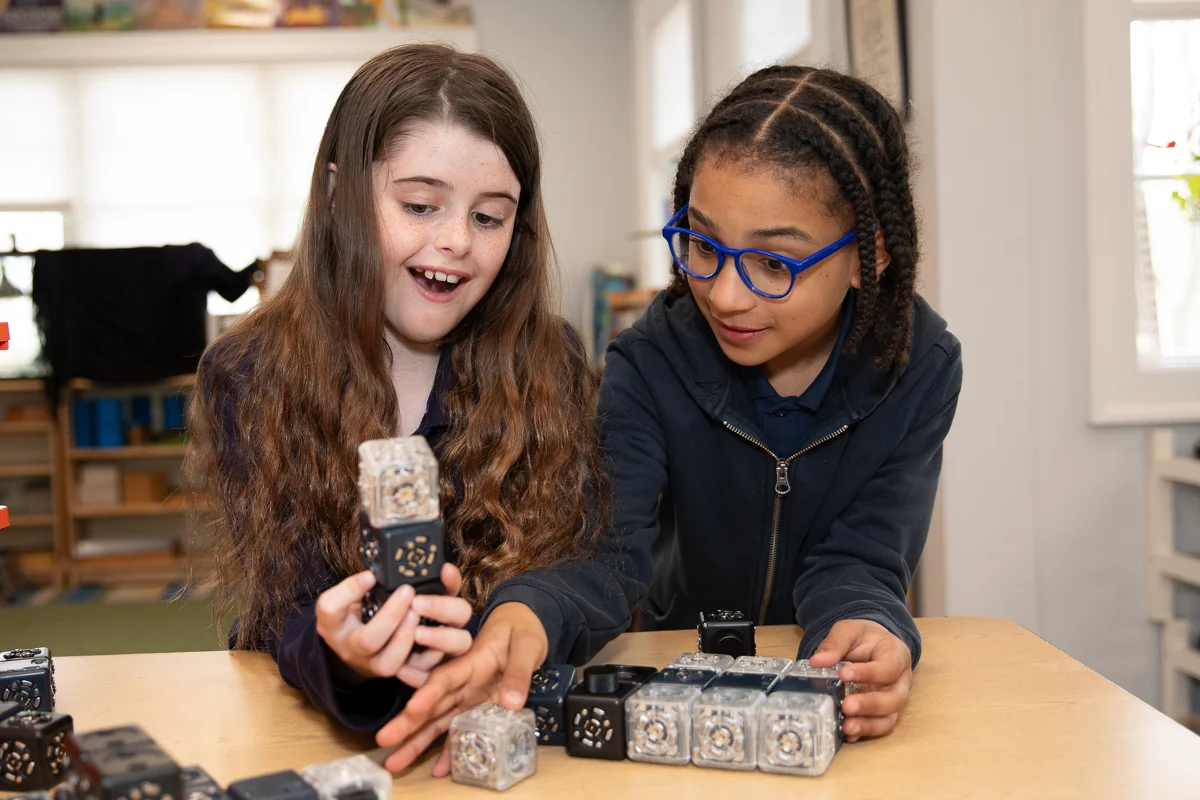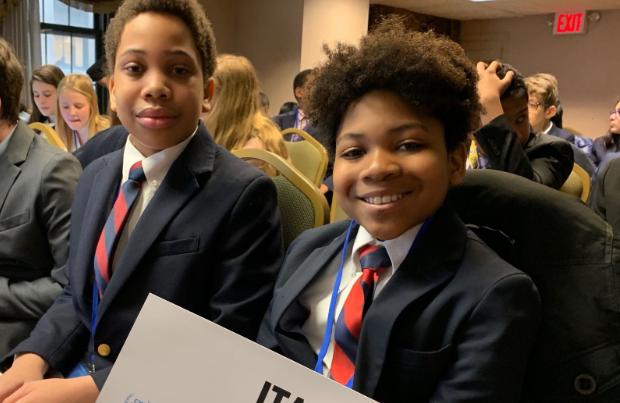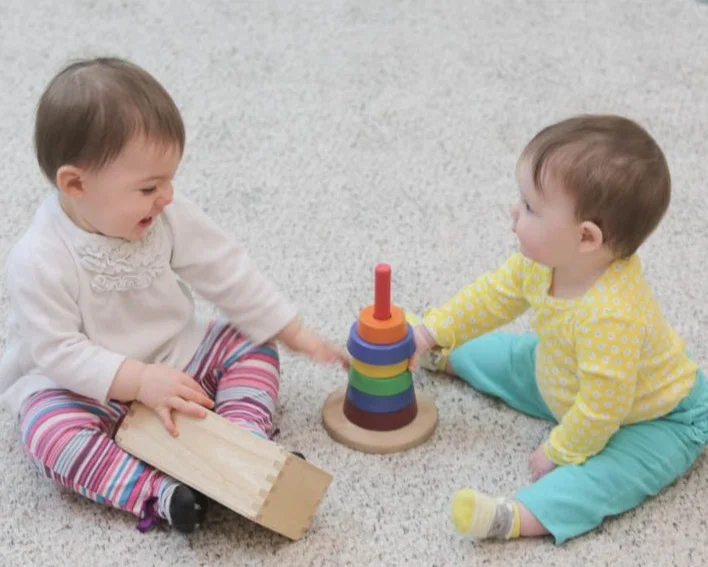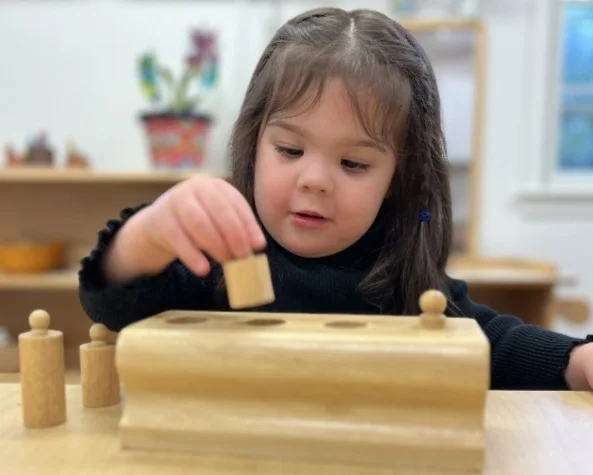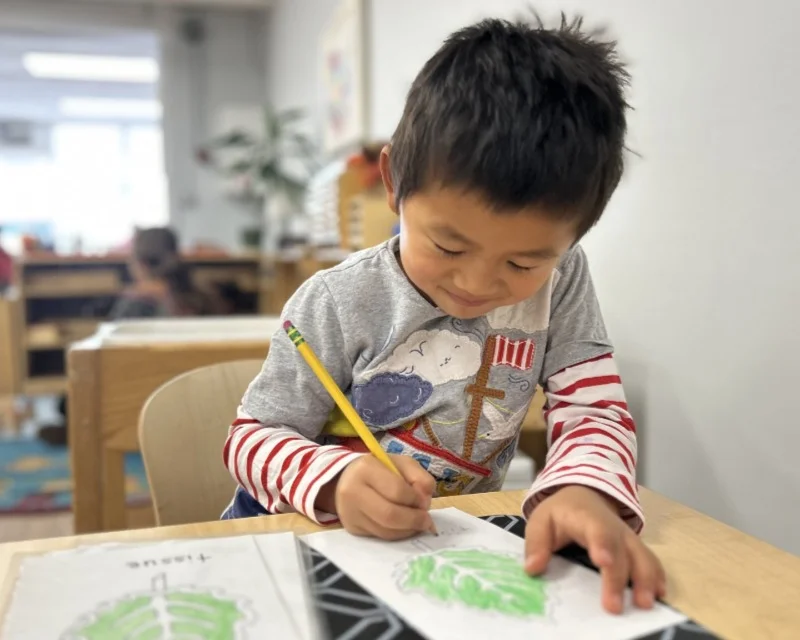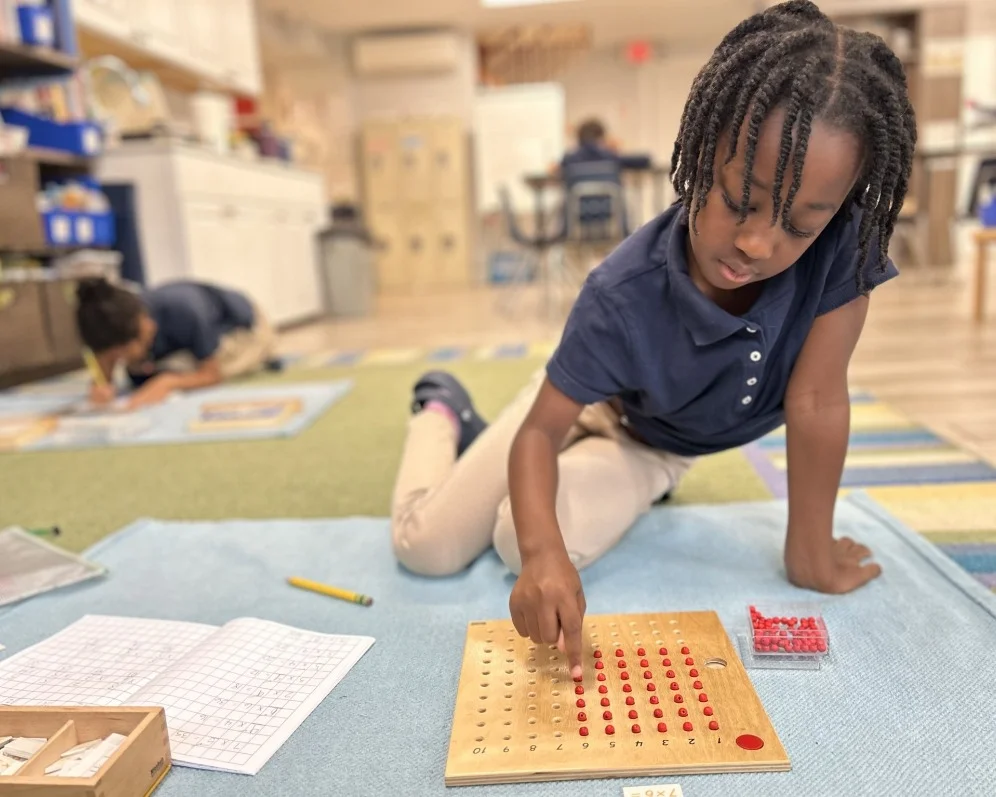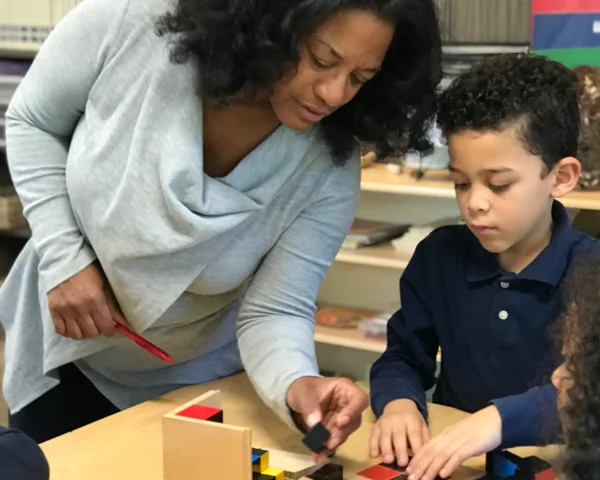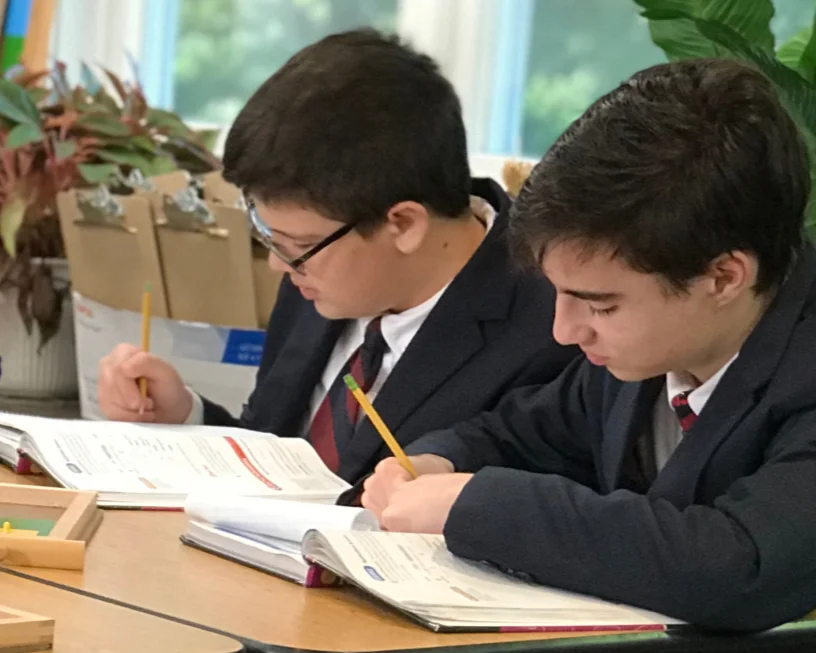HUDSON COUNTRY MONTESSORI MIDDLE SCHOOL
Every child learns differently, and some may find their curiosity and talents under-challenged in traditional middle school settings. In our Middle School (Grades 6-8), we guide your child to explore their strengths, grow in confidence, and become a self-directed learner who is fully engaged in their education. Private Middle School Near Me
Our Middle School program helps students:
Pursue hands-on, challenging projects that spark curiosity and critical thinking
Receive individualized education to meet their unique learning needs, including gifted, creative learners and more.
Develop leadership and social skills through student-led initiatives, community service, and programs like Model United Nations
Build independence and confidence while exploring their passions
Through experiential, project-based learning, teachers ask thought-provoking questions and facilitate discovery, helping students think critically and independently. From STEAM projects and entrepreneurship programs to leadership opportunities and Model UN experiences, every activity is designed to challenge students and nurture their growth.
At Hudson Country Montessori, your child is encouraged, challenged, and supported—developing the skills, confidence, and love of learning that will serve them for life.
“The whole life of the adolescent should be organized in such a way that it will enable him. . . to make a triumphal entry (into the world) - with head high, sure of himself. Success in life depends on a self-confidence born of a true knowledge of one’s own capacities”
–Dr. Maria Montessori
Integrated Inquiry/Project-Based Curriculum
Montessori education at the Middle School level focuses on inquiry-based learning projects that tackle real-world problems. This approach teaches students that all academic disciplines are interconnected and part of a larger system of thinking. Our schedule includes large blocks of individualized study time, allowing students to dive deeply into self-chosen work with minimal interruptions. Teachers support this process by posing individualized challenge questions that encourage students to explore their work more thoroughly, uncovering greater insights and personal meaning.
When students start an inquiry-based project, they might initially be interested in one specific aspect of the project. However, as they delve deeper, they often discover new or secondary interests they want to explore further. This process of solving real-world problems, both individually and through group discussions, helps students realize that many social, ethical, and moral questions don't have a single answer. The realization that some issues have multiple valid solutions is both exciting and confounding for young minds ready to tackle difficult social issues.
Middle School students thrive when learning about topics that interest them, and they naturally enjoy solving problems collaboratively with their peers. In Montessori, teachers carefully structure work groups to ensure that peer learning happens both within small groups and during larger class discussions. This structure often leads to unexpected learning moments, as students share their work and learn from one another.
Multi-age Classroom
Modeled after the typical family structure with multi-age children, the Montessori learning environment is both collaborative and competitive. Younger students look up to their older peers and are inspired to tackle more advanced work, while older students develop leadership skills by mentoring and teaching their younger classmates. This family-like atmosphere helps build a close-knit community and fosters a strong commitment to learning.
Our teachers form deep connections with each child over the years, truly getting to know them and understanding their unique needs. This close relationship extends to parents as well, creating a strong partnership focused on supporting your child's physical, social, emotional, and cognitive development. Together, we ensure that your child thrives in all aspects of their growth.
Academic Engagement Drives Learning
n Upper Elementary and Middle School, students are ready for bigger questions — and they want real answers. When a topic sparks their curiosity, they don’t just skim the surface; they dive deep, research thoughtfully, and often choose to work alongside classmates because collaboration feels natural at this age. With stronger reasoning skills and growing independence, they’re able to investigate ideas in a way that’s similar to the depth you’d see in programs like the International Baccalaureate. Our daily rhythm protects long stretches of uninterrupted work time, so students can get into “the zone” and stay there, following self-chosen studies that matter to them. Montessori at this level is about depth over speed: students learn how to analyze, solve problems, think critically, and reflect on what they discover. Over time, they don’t just learn content — they learn how they learn. And once they know that, they carry the confidence to tackle new challenges, inside and outside the classroom.
Microeconomy
Middle School students work together to develop a profitable business enterprise each year to fund their end of year overnight field trip. Developing a business and a business plan develops financial literacy and organizational skills. Students learn to set goals, plan, manage workflow, collaborate with one another regarding their respective roles in the enterprise and take responsibility for their work. Students not only run their enterprise but they plan their own field trip including:driving routes, researching hotels and making reservations. All these activities teach the importance of planning, professionalism and effective business communications. In pursuit of their field trip goal they also learn about raw material costs, logistics, inventory management, manufacturing costs, sales, marketing and basic accounting. They also learn to keep seed financing for next year's business ideas.
High School Preparation
Our Montessori Middle School program prepares students to become leaders that can solve problems and get things done. Our inquiry and project based approach to learning provides “real-life” skills preparation. However, traditional high school education is typically more theoretical and abstract. So, at the Middle School level we begin to integrate elements of traditional education into our middle school program so that students are well prepared for the rigors of high school academics.
Most of our students enter high school on an advanced track (typically honors courses) in one or more disciplines. The success of our students in traditional education is a testament to our solid preparation in teaching students how to think, combined with the many experiences they have had in formative and summative testing/assessments as well as standardized testing. Although we use MAP assessments for our younger students, we use the Comprehensive Testing Program (CPT) by ERB for our Middle School students. The CPT is a very popular test among elite private schools because it provides excellent practice for the Independent School Entrance Exam (ISEE), the most popular test for private High School admissions.
Our Alumni Excel in School – and in Life
The majority of our graduates attend private high schools where they excel from day one. Those that attend public high school are typically fast-tracked into honors courses. Those graduates that attend private high school have attended schools including the following:
Archbishop Stepinac High School
Bard Academy at Simon’s Rock
Canterbury School
Immaculate High School
Miss Porter’s School
School of the Holy Child
Greenwich Country Day School
Hackley School
Horace Mann School
Iona Preparatory School
Rye Country Day School
The Masters School
The Taft School
The Ursuline School
The Wooster School
Thornton-Donovan School
The Harvey School
The Gifted Child
While every child is born with intrinsic talents, some students are endowed with special gifts in one or more domains. In the Montessori classroom, we encourage our students to fully express their strengths and develop strong learning skills in the areas of their natural ability and interest. Conversely, our individualized curriculum also makes it possible to nurture gifts by emphasizing growth mindset in areas they find more challenging or less interesting. The result is a student who is generally well rounded with advanced abilities in one or more areas.
Because students with higher aptitudes are not “held back” waiting for their peers to “catch-up”, they can excel in their areas of strength to the extent of their ability.
Blended Socratic and Constructivist Approach
At the Elementary and Middle School levels, Montessori is best described as a blend of the Socratic Method and the Constructivist approach. In the Socratic method the teacher asks questions to prompt students to think, problem solve and learn through reflection and inquiry. The constructivist approach uses hands-on project based, student-directed problem solving that challenges students with incrementally more difficult and more interesting work as they explore and discover their way through the curriculum.
To understand how our classrooms work, think of them like a science laboratory where everyone is working on different parts of a project. Later, they come together to share what they have learned in order to solve a problem or form an opinion based on everyone’s information. It's a fun and interactive way for students to develop problem-solving skills. With the teacher's guidance, they also learn to connect different subjects. Besides thinking skills, sharing information with classmates helps students learn to present themselves as articulate and engaging people that can communicate and collaborate with others. In these discussions, the teacher asks open-ended questions to spark curiosity and encourage conversation.
By combining the Socratic and constructivist methods, we prepare students to be at the center of their own learning journey. Through small and large group work, students learn to support one another and test developing points of view without fear of being judged. This creates a warm and encouraging learning community where every child can thrive.
Social Learning
There is a limit to how much intense focus a young student can apply to their work. At some point, their brain gets tired, and they need to take a break. When their brains need a break, they often wander over to a friend to see what they're working on and chat about their projects. This friendly interaction allows each child to learn something new about their friend's work. Sometimes these conversations spark new interests, and other times they simply expand each student's knowledge.
In our Lower Elementary classrooms, students are very aware of what their peers are working on and why they find it so fascinating. This shared enthusiasm makes learning in Montessori’s “open classroom” environment incredibly engaging. The excitement and curiosity of friends about their own projects creates a vibrant and dynamic learning atmosphere.
While we encourage positive social interaction among our students, we are concerned about the things students learn from others on social media. Consequently, cell phone use is prohibited during the school day and social media sites are blacklisted on the school’s internet (except for specific computers in the school office).
Embracing Neurodiversity
Dr. Montessori did not have the benefit of functional MRIs to tell her how the brain works, but she did spend countless hours observing that every student learns differently. To help all her students, whether they were advanced learners or more typical learners, she developed an individualized method of teaching that uses multiple modes of learning (auditory, visual, tactile/kinetic). To complement her system, she developed specialized multi-sensory teaching materials to facilitate learning across all subjects. By helping students utilize their strongest learning modality (strengths based education), she was able to teach a broad range of learners more quickly and with greater understanding of the material being taught.
Montessori pedagogy at Hudson can be effective for a broad range of neurotypical and neurodivergent students. However, to be successful at Hudson, students must have the ability to be productive, independent learners and they must comport themselves with age appropriate decorum. Our classrooms are friendly and supportive, giving students the freedom to move around and choose their own work. Our students have responsibility for their education and this sense of agency causes students to be more excited about learning.
Diversity
We believe in the value of diversity and strive to promote a culture of respect for differences because those differences make our school a richer and more interesting place to learn. Our school communities mirror the diversity of our very diverse local communities.
Hudson has always been a very diverse school. Our founder, Musya Meyer, was a WWII refugee and educator who believed it was important for all children to learn about and appreciate the many different cultures that make up America’s pluralistic society. She believed that when all members of the school community share their cultural heritage, traditions and practices with one another, children learn to respect and appreciate the similarities and differences of the human family. To that end, we celebrate the diversity of all of our school families with interest, respect, and kindness through the many celebrations held throughout the year.
In addition to having classroom materials and lessons that reflect the diversity of our students, Hudson offers Spanish language and cultural lessons twice a week to our Elementary and Middle School students. This helps give them a global perspective and an appreciation for different cultures.
Although Hudson and Montessori education are secular (not religious), we promote strong character values without infusing any particular theology or ideology. We believe that it is important to expose our students to diversity of thought so they learn to develop their own thoughts.
We ask all families to practice kindness and respect for others and to engage their children at home to promote their own family values and ideals.
Self-Governance; The Small Society
Middle School students conduct regular “Community Meetings'' where students can express feelings, issues or grievances publicly or anonymously. The group works to resolve their own social issues at the same time they are learning about the nuances of adult society, civics, and the various forms of government. The smaller peer group and the concept of self-governance works to accentuate teamwork while defeating much of the anti-social behaviors that are typical of pre-teens/teenagers. Cliquishness and/or bullying are mitigated through self-governance. Of course, pre-teens/teenagers are prone to lapses of judgment and the teacher sometimes needs to remind students about the rules they themselves codified.
Our classroom society tends to be more playful by design. We think childhood is something to be enjoyed and not rushed. Although we allow some freedom of expression, we resist the pressures of society to influence our adolescence into group-think, fad following and/or adult-like behaviors. We support pluralism in our school and believe that the role of school is to support pluralistic family values in an environment of mutual respect and caring for one another.
Social Development in a Small (Extended Family) Setting–Self Governance?
Our weekly “Community Meetings'' provide students with a platform in which they can learn to self-govern with the support and coaching of the teacher. Through these meetings, the group acquires a deep understanding of governance on a broader local, national, and global scale by resolving their own classroom issues. By learning to manage their own individual behaviors, the group learns to promote teamwork and therefore mitigates most of the typical anti-social behaviors of pre-teens. Of course, all pre-teens are prone to lapses of judgment, so the Upper Elementary teacher sometimes needs to remind the students to conform to their self-governance structures or to recommend changes to the structures at the next Community Meeting.
Like all emerging and young adolescents, our students are searching for their place in society. And, they have a need to “fit in” with their peers because of their natural insecurities and emerging hormones. The nature of the Montessori classroom supports this need to fit in while helping the student reveal what makes them special and how they can offer something unique that will enrich the group as a whole.
Students working in large and small groups form close friendships with one another and they help each other navigate social norms and resolve conflicts. They learn to appreciate the cognitive and cultural similarities/differences among their friends and become strong advocates for one another with the potential of becoming life-long friends.
Becoming a Global Citizen
It is the nature of our Upper Elementary and Middle School students to take an interest in society beyond his/her self, family, and school. Students at this level become very interested in how societies work. They use their evolving social awareness to discuss and explore difficult social topics such as global warming, food insecurity, poverty, religion, equity, and justice. They are also challenged to use empathy and compassion when developing solutions to complex social problems. Through discussions about social issues and by serving the community, Upper Elementary students begin to answer the fundamental questions all adolescents face: “Who am I?” and “Who do I want to be?” in the context of our broader global society.
Mastery & Grades (Standards Based)
We use a progressive, “standard-based” approach when grading students. It is based on the premise that learning is a cumulative process and that whatever students learn today will serve as a foundation for their learning tomorrow. In order to be successful, students must master the content standards at each step along their learning journey.
In a Montessori classroom, the difference between one student and another is the number of standards each student has mastered. Since every student understands the significance of all the work they are doing, assigning “grades” to student work is unnecessary. Standards-based learning is consistent with the concept of “Growth Mindset” and it is being explored by an increasing number of elite private high schools and colleges that believe challenging students with standards is more important than determining their capability with letter grades.
There are a few areas of the curriculum that simply require rote memorization like math facts, spelling and vocabulary. To familiarize students with tests/grades we use traditional testing to reinforce learning in those skill areas. At the Middle School level we broaden the use of tests and grades, to prepare students for their transition to traditional high schools.
Standardized Assessment (Sort of)
We believe that taking standardized tests is a skill that all students must develop to succeed at higher levels of education. Therefore, we feel that early no/low stakes standardized testing helps students take tests without the anxiety attached to “high-stakes outcomes.”
In order to assess our students’ learning and growth, we use a computer-based tool called MAP Growth. MAP Growth is designed to test student knowledge against the standards of traditional education.The MAP Growth test is a computer based adaptive test that responds to answers given by the student. Correct answers are followed by more difficult questions and incorrect answers are followed with less difficult questions. In the end, no two children will receive the same test, so it is impossible to “teach to the test'' and there are no “normed percentile rankings.” However, the algorithm does provide an assessment of student progress/ability.
The MAP assessment is similar to the new digital SAT test. We use testing primarily to give students practice in testing and to assess our curriculum against the standard outcomes of traditional education.
Families are welcome to opt-out of standardized assessment/testing without judgment.
STEM/STEAM
Hudson Elementary and Middle School students dive into big projects that lead to big learning. While these activities take time and practice, they develop important study skills like resilience, grit, problem-solving, and executive function. And, in the end, big projects give students a wonderful sense of personal competence, self-esteem, and self-satisfaction. Our project-based curriculum challenges students with activities that typically integrate all the STEAM disciplines at once. This means your child will get to explore a wide range of interests and learn how different subjects connect to each other. Students also get to share their passions and discoveries with others through our science fairs, invention conventions and various elective "Studio Programs." These programs delve deeper into the various STEAM topics so that students can explore topics of specific interest in a small group setting alongside friends who share the same interests and who also want to explore them more deeply:
- Science: Our curriculum promotes an understanding of the natural world and the people in it. Physical science, biological science and social science is at the core of our curriculum.
- Technology: We believe technology should be used as a tool to achieve outcomes across all academic disciplines and should help enhance learning across the curriculum. Technology is used in our classroom to enhance the development of creative thinking, logic, design, and problem-solving skills. Students begin basic coding, search and creative work in Lower Elementary and practical applications of technology through coding, robotics, physics and maker-space projects in Middle School.
- Engineering: The Montessori method is a hands-on method and project-based learning requires some sort of “doing” that involves engineering.
- Art: Fine art is an expression of creativity and out of the box thinking. It involves a variety of media and techniques including digital media. Fine art teaches students to see the world with nuance and to embrace their personal view of reality. Performance art provides students the opportunity to adopt a variety of roles as communicators. Through public speaking and a variety of performances where they are part of a team our students are very comfortable addressing audiences in large and small venues. Commercial art is a sense of aesthetics that is incorporated into all of our project work. Our Music program teaches students to appreciate and understand analog and digital music. Orchestration is an essential part of the program that teaches collaboration and the importance of teamwork. Art, music, and performance classes are offered by our “Specials'' teachers.
- Math: Montessori math is learned through manipulative materials that make abstract math concepts easy to understand. Even advanced math concepts are fun to learn when understanding is enhanced by the Montessori math materials.
Accreditations
Accreditation is a rigorous process of school quality validation that is granted by an organization that is authorized by a State or national authority to grant accreditation status. Hudson Country Montessori School is Accredited by the:
- American Montessori Society (AMS), which is the largest Montessori accrediting body in the United States and the world. Accreditation by AMS demonstrates our commitment to high quality Montessori education.
- New England Association of Schools and Colleges (NEASC), is the oldest of the six regional accrediting associations. Accreditation by NEASC demonstrates our commitment to high quality education from the perspective of an association focussed on high quality private education without regard to philosophy or pedagogy.
Calendar/Schedule
The Elementary/Middle School calendar includes a school year program, a summer camp program and an extended day program offering flexibility for families. Student may enroll in any of the following programs:
- School Year Program: Students enrolled in the school year program make a commitment for the entire school year. The calendar for the school year program loosely follows the Danbury or New Rochelle Public school calendar.
- Summer Camp Program: Our New Rochelle program offers 8 weeks of summer camp while our Danbury campus offers a 9 week summer program. Students enrolled in the summer camp program can enroll for as few as two consecutive weeks.
- Extended Day/Extended Year: Students enrolled in Hudson’s school or camp program may enroll in our extended day and/or vacation school programs.
- Year Round Program: Our Year Round program offers a preferential tuition rate for students that participate in our school, camp and extended day/year programs.
"Hudson has been my home for the past eight years, and my middle school experience here has been truly special. Over the last three years, I’ve had the opportunity to understand how a business works, participate in movie nights and empanada sales, and engage in meaningful community service—from picking up trash to contributing to the sharing shelf. I’ve written papers, given speeches at CWMUN (Change the World Model United Nations), and explored world topics in leadership class with Mr. Meyer.
I am especially grateful to my middle school teachers, Mrs. Angela Rambukwella and Ms. Yohanna Willheim. Mrs. Rambuk helped me advance in math, completing 9th grade in three months and moving into 10th grade in 8th grade. Ms. Willheim made science and English exciting with creative projects like designing a Mars calendar and imagining what life would be like if we colonized Mars. She has always been available to help with homework or offer guidance, making learning both challenging and fun.
I couldn’t have asked for a better preparation for high school than what Hudson has given me!"
Sriya - Hudson Country Montessori School Graduate
Ready to Move Up: Transition from Middle School to High School
As your child completes Middle School at Hudson Country Montessori, they step into high school with confidence, independence, and strong academic and social skills. These formative years have prepared them to tackle more challenging coursework, engage in meaningful collaborations, and navigate the social and intellectual demands of adolescence.
Our Middle School program builds on the strong foundations laid in Upper Elementary, guiding students to strengthen critical thinking, problem-solving, and leadership skills—abilities that are essential for success in high school. Through hands-on, project-based learning across advanced math, science, humanities, and technology, students gain confidence in their academic abilities, develop the collaboration and communication skills needed to work effectively with peers, and explore their unique strengths and passions. These experiences prepare students to thrive in high school, whether entering prestigious private schools or public school honors programs, giving them the independence, resilience, and intellectual curiosity to excel in the years ahead.
Because they spend these crucial years in a supportive, caring, and intellectually stimulating environment, Hudson students transition seamlessly into high school. Many go on to prestigious private schools, where they excel academically and socially, while those entering public high schools often enter honors or advanced tracks. The self-confidence, independence, and collaborative skills they develop at Hudson give them a strong foundation to thrive in high school and beyond, both academically and personally.
At Hudson, your child is encouraged, challenged, and supported every step of the way—developing the skills, confidence, and love of learning that will serve them for life. Schedule your tour today so we can show you how your child can thrive both emotionally and academically here!
Private Middle School Near Me
